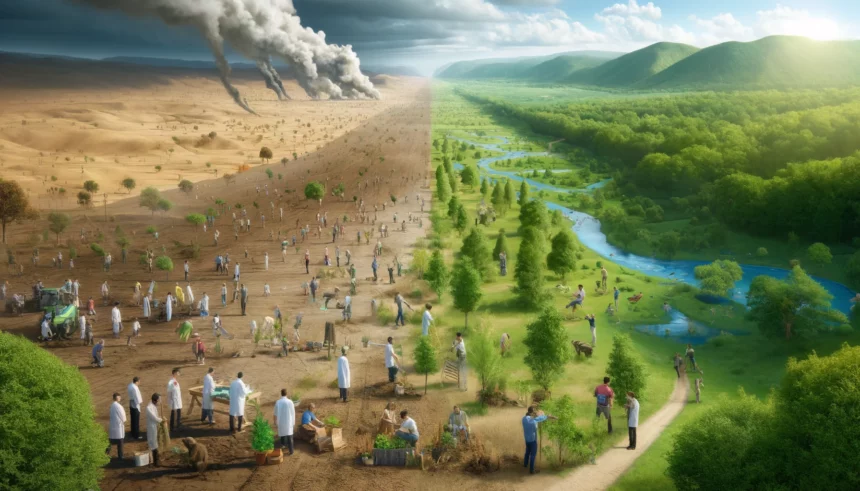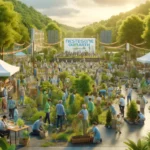Grasslands, shrublands, and savannahs cover nearly half of the world’s land surface. From Eurasia and Patagonia to Africa and Australia, these diverse ecosystems are home to millions of people.
The Importance of Our Land
Our planet’s ecosystems are in danger. Forests, drylands, farmlands, and lakes are all under threat. According to the UN Convention to Combat Desertification, up to 40% of the planet’s land is degraded, affecting half of the world’s population. The frequency and duration of droughts have increased by 29% since 2000. Without urgent action, over three-quarters of the world’s population may be affected by droughts by 2050.
Why Focus on Land Restoration?
Land restoration is crucial for the UN Decade on Ecosystem Restoration (2021-2030). Restoring our land is essential to achieving the Sustainable Development Goals. This year, World Environment Day focuses on land restoration, halting desertification, and building drought resilience with the slogan “Our land. Our future. We are #GenerationRestoration.”
We may not be able to turn back time, but we can plant forests, revive water sources, and restore soils. We are the generation that can reconcile with the land.
A Milestone Year
2024 marks the 30th anniversary of the UN Convention to Combat Desertification. The sixteenth session of the Conference of the Parties (COP 16) to the UN Convention to Combat Desertification will be held in Riyadh, Saudi Arabia, from 2 to 13 December 2024.
What is World Environment Day?
World Environment Day, led by the United Nations Environment Programme (UNEP), has been held annually on June 5th since 1973. It is the largest global platform for environmental public outreach, celebrated by millions of people worldwide. This year, Saudi Arabia is the host.
Why Should You Take Part?
Time is running out, and nature is in a state of emergency. To keep global warming below 1.5°C this century, we must cut annual greenhouse gas emissions by half by 2030. Without action, exposure to air pollution beyond safe limits will increase by 50% within the decade, and plastic waste in aquatic ecosystems will nearly triple by 2040.
Key Reasons to Act Now:
- Climate Change: We need to reduce greenhouse gas emissions.
- Air Pollution: Prevent the increase in air pollution exposure.
- Plastic Waste: Stop the rise of plastic waste in our waters.
How Can You Help?
- Plant Trees: Participate in local tree-planting events.
- Reduce Waste: Cut down on single-use plastics.
- Spread Awareness: Educate others about the importance of land restoration.
Together, we can make a difference. Let’s celebrate World Environment Day 2024 by taking action for our land and our future. Join us in making a positive impact on our environment!
















